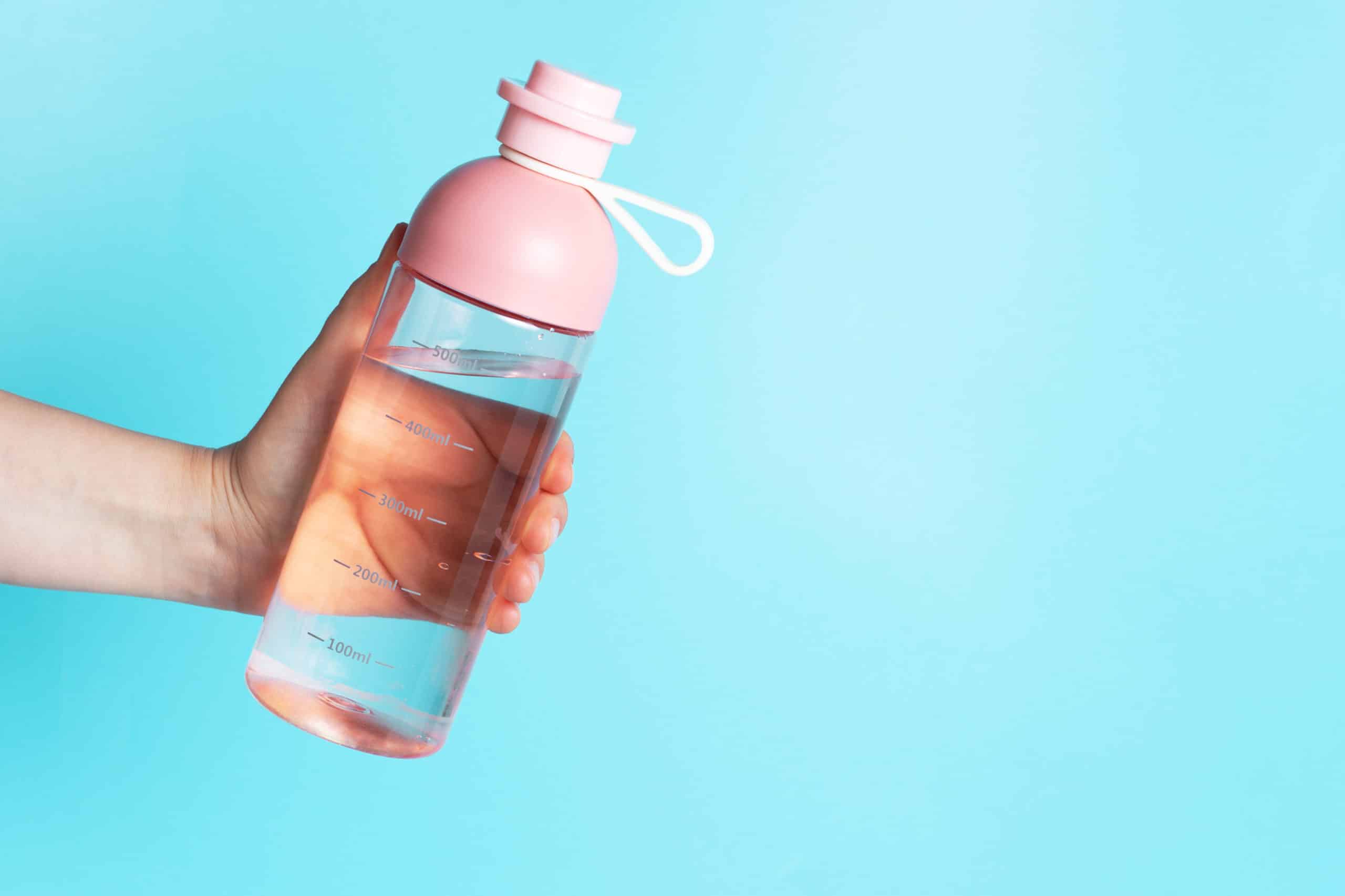What To Know About Staying Hydrated
Hydration is the cornerstone of health, yet it’s often overlooked. At Kinetico of San Antonio, we’re dedicated to educating our community about the critical role water plays in our well-being.
Your hydration needs are unique, influenced by lifestyle and environment. Let us guide you through understanding and meeting these needs, ensuring you’re properly hydrated every day.
General Medical Recommendations for Hydration
It’s a well-known fact that 50% to 70% of your body weight is made up of water. This underscores the importance of hydration in our daily lives. On average, men should be drinking 3.7 liters, or 125 ounces, of water per day and women should be drinking 2.5 liters, or 91 ounces, per day. These figures serve as a general guideline, but individual needs may vary based on body composition, activity level and environmental factors.
Why Hydration Is Crucial For Your Health
Hydration affects virtually every aspect of your health. From facilitating digestion and flushing out toxins to keeping your skin healthy and resilient, drinking water is necessary to stay comfortable and healthy.
Below are just some additional ways water can help your health:
- Ensures efficient cellular function and energy production.
- Supports cognitive functions, improving concentration and reducing the risk of headaches.
- Aids in maintaining a healthy weight by promoting satiety and enhancing metabolic rate.
- Plays a vital role in kidney function and the prevention of urinary tract infections.
Your body relies on water to keep everything functioning – even mild dehydration can result in fatigue and irritability. Be sure that you’re drinking the right amount of water for your needs.
What Influences Water Intake?
Several factors can influence your daily water needs. Understanding these can help you adjust your hydration habits to ensure you’re drinking water adequately.
Climate Conditions
The climate you live in significantly affects your water intake needs. Hotter climates or dry air can cause increased water loss through sweat. This requires a higher water intake to counteract the risk of dehydration.
Physical Activity
Physical activity elevates your need for water. During exercise, your body loses fluids through sweat, which not only helps cool you down but also means you need to drink more to replace what’s lost.
For those wondering how much water to drink every day, incorporating your workout intensity and duration into your hydration strategy is key. Drinking water before, during, and after exercise ensures your body remains hydrated, supporting recovery and performance.
Health Conditions And Illness
Your health status can also impact your water needs. Conditions such as fever, vomiting or diarrhea lead to additional fluid loss, requiring increased water intake to help your body recover. Chronic health conditions like diabetes or heart disease may also alter your hydration needs, making it crucial to adjust your drinking water intake accordingly.
Recognizing And Responding To Your Body’s Hydration Signals
Listening to your body is key to maintaining optimal hydration levels. Thirst is an obvious signal that you need to drink more water, but other signs of dehydration include fatigue, dry mouth and dark-colored urine, which indicate that your body is in urgent need of water.
Less obvious symptoms like headaches, dizziness and a decrease in urine output can also suggest dehydration. By staying attentive to these signs, you can proactively manage your hydration and contribute to your overall well-being.
Tips for Enhancing Your Water Intake
Increasing your water intake doesn’t have to be a chore. Here are some practical tips to help you stay hydrated:
- Carry around a water bottle — Having water on hand makes it easier to drink during the day.
- Add flavor to your water — If you find plain water unappealing, try adding slices of fruits or herbs to enhance the taste.
- Consume water-rich foods — Eating fruits and vegetables that have a high water content, such as melons, strawberries and cucumbers, can aid hydration.
- Set reminders — Use your phone or computer to remind you to take water breaks.
- Monitor your intake — Keep track of how much water you drink and adjust as needed to meet your personal hydration goals.
By integrating these habits into your daily routine, you can increase your water intake. These tips help ensure you stay well-hydrated in a simple, enjoyable way.
Protect Your Health With Proper Hydration
Understanding how much water to drink every day is key to maintaining optimal health and well-being. By paying attention to your body’s signals and making hydration a priority, you can support your physical needs and enjoy the numerous health benefits that come from staying properly hydrated.
For more information on ways to maintain a healthy water intake, contact Kinetico of San Antonio. We care about our community, and we’re here to provide tips for better health and hydration.



